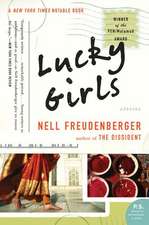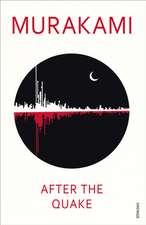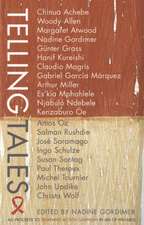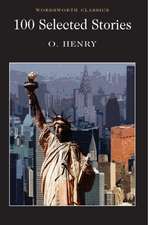Cambodia: A Book For Pe
Autor Brian Fawcetten Limba Engleză Paperback – 14 feb 1986
Brian Fawcett's passion stirs us to resist the annihilation of memory and imagination in our society, lest we lose "our right to remember our pasts and envision new futures" in a violent world where "Cambodia is as near as your television set."
| Toate formatele și edițiile | Preț | Express |
|---|---|---|
| Paperback (2) | 98.94 lei 22-36 zile | |
| Touchstone Books – 30 sep 1989 | 98.94 lei 22-36 zile | |
| Talon Books – 14 feb 1986 | 107.22 lei 22-36 zile |
Preț: 107.22 lei
Nou
Puncte Express: 161
Preț estimativ în valută:
20.52€ • 22.30$ • 17.25£
20.52€ • 22.30$ • 17.25£
Carte disponibilă
Livrare economică 31 martie-14 aprilie
Preluare comenzi: 021 569.72.76
Specificații
ISBN-13: 9780889222373
ISBN-10: 0889222371
Pagini: 208
Dimensiuni: 140 x 216 x 14 mm
Greutate: 0.28 kg
Ediția:NONE
Editura: Talon Books
Colecția Talonbooks
Locul publicării:Canada
ISBN-10: 0889222371
Pagini: 208
Dimensiuni: 140 x 216 x 14 mm
Greutate: 0.28 kg
Ediția:NONE
Editura: Talon Books
Colecția Talonbooks
Locul publicării:Canada
Notă biografică
Brian Fawcett
Born in 1944 in Prince George, B.C., Brian Fawcett has written poetry, fiction and non-fiction. Talonbooks has published My Career With the Leafs & Other Stories (1992), The Secret Journal of Alexander MacKenzie (1985), Capital Tales (1984) and Cambodia: A Book for People Who Find Television Too Slow (1986) by Brian Fawcett.
Born in 1944 in Prince George, B.C., Brian Fawcett has written poetry, fiction and non-fiction. Talonbooks has published My Career With the Leafs & Other Stories (1992), The Secret Journal of Alexander MacKenzie (1985), Capital Tales (1984) and Cambodia: A Book for People Who Find Television Too Slow (1986) by Brian Fawcett.
Textul de pe ultima copertă
"Cambodia: A Book For People Who Find Television Too Slow" is a ferociously brilliant book that challenges its readers to see the world with new eyes, in a new light. Through an arresting division of its pages-- thriteen wildly imaginative short stories at the top, and a passionate essay on colonialism and Southeast Asia at the bottom, running like a Mekong River footnote throughout the book-- Brian Fawcett startles, amuses, and infuriates his hooked readers with juxtaposed images and penetrating insights into the media jungle that defines our age.
Like subtitles read in a foreign film, the pace of "Cambodia" accelerates, and the reader's eye quickens as the work unfolds. Soon, "Cambodia" is moving more swiftly than the images on the evening news, showing us that the book's title is not an enigma, but a realistic description of its remarkably interactive contents.
Brian Fawcett's passion stirs us to resist the annihilation of memory and imagination in our society, lest we lose "our right to remember our pasts and envision new futures" in a violent world where "Cambodia is as near as your television set."













